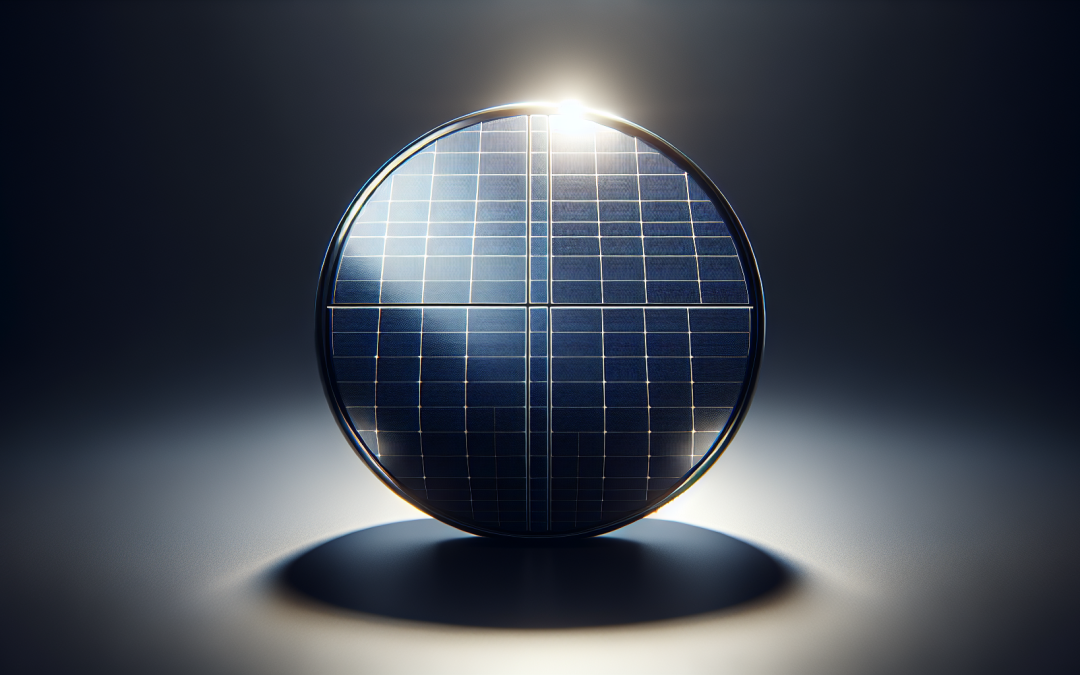Are you curious about the cost of solar panels? Look no further! In this article, we will provide you with all the information you need to know about solar panel cost. At Wild Sun Solar, we are committed to providing the best solutions for all your solar panel needs. With a friendly and personal approach, we treat you like family. So, whether you want to reduce your electricity bills or contribute to a cleaner environment, give us a call at Wild Sun Solar today and let us guide you through the world of solar panel cost.
Factors affecting solar panel cost
When considering the cost of installing solar panels, there are several factors that come into play. These factors can greatly influence the overall cost of the system and should be carefully taken into account before making any decisions. The main factors that affect solar panel cost include the quality and brand of the panels, the size and capacity of the system, the complexity of the installation process, the location and accessibility of the property, and the availability of government incentives and subsidies.
Quality and brand
The quality and brand of the solar panels can have a significant impact on the cost of the system. Higher quality panels are generally more expensive than lower quality ones, but they often come with longer warranties and higher efficiency ratings. Reputable brands also tend to have higher prices compared to lesser-known brands. While it may be tempting to go for the cheaper options, investing in higher quality panels can have long-term benefits such as better performance and durability, which can ultimately save you money in the long run.
Size and capacity
The size and capacity of the solar panel system you choose will also affect the overall cost. Larger systems, which generate more electricity, will naturally be more expensive than smaller systems. The cost per watt is another factor to consider, as it determines the overall system cost. Understanding the average cost range for different system sizes can give you a better idea of the price you can expect to pay for the specific capacity you require.
Installation complexity
The complexity of the installation process can also impact the cost of solar panels. Factors such as roof type and condition, electrical infrastructure requirements, permits and inspections, and the need for additional labor in challenging installations can all contribute to higher installation costs. It is important to evaluate the specific conditions of your property and determine whether any additional costs may be incurred due to installation complexity.
Location and accessibility
The location and accessibility of the property where the solar panels will be installed can also affect the cost. Sunlight availability and climate can impact the efficiency and performance of the panels, which in turn can influence the overall cost. Regional differences in material costs and transportation and logistics for remote areas can also play a role in determining the cost of solar panels. Furthermore, local regulations regarding solar panel installation can affect the cost, as certain requirements and restrictions may call for additional expenses.
Government incentives and subsidies
Government incentives and subsidies can significantly reduce the cost of installing solar panels. Federal tax credits, state and local incentives, renewable energy grant programs, and solar renewable energy certificates (SRECs) are examples of incentives that may be available in your area. These financial benefits can help make solar panels more affordable and provide a return on investment in the long term.
Cost breakdown of solar panel systems
To better understand the cost of solar panel systems, it is essential to break down the expenses into different components. The main cost components of a solar panel system include solar panels, inverters, mounting and racking, balance of system (BOS) components, and installation labor.
Solar panels
Solar panels themselves constitute a significant portion of the total cost of a solar panel system. The cost per watt can vary depending on the type and efficiency rating of the panels. Different panel types such as monocrystalline, polycrystalline, and thin-film have varying costs per watt. It is important to consider the longevity and warranty of the panels as well, as these factors can impact the overall value and cost-effectiveness of the system.
Inverter
The inverter is responsible for converting the direct current (DC) electricity generated by the solar panels into usable alternating current (AC) electricity. The type of inverter chosen can affect both the system efficiency and the cost. Microinverters, which are installed on each individual panel, offer advantages such as increased panel-level monitoring and better performance in shaded areas. However, they tend to be more expensive compared to central inverters, which are installed for the entire system. It is important to weigh the pros and cons of each type of inverter when considering the overall cost and performance of the system.
Mounting and racking
Mounting and racking are essential components of a solar panel system as they provide the structural support for the panels. The cost of these components can vary depending on the complexity of the installation and the specific requirements of the property. Factors such as roof type, orientation, and tilt angle can all affect the cost of mounting and racking. It is important to ensure that the mounting and racking system chosen is suitable for your specific installation and meets all safety and durability requirements.
Balance of system (BOS) components
Balance of system (BOS) components include all the other equipment that is necessary for the proper functioning of the solar panel system. This can include items such as wiring, switches, fuses, meters, and monitoring systems. The cost of BOS components can vary depending on the specific requirements of the system and the quality of the components chosen. It is important to consider the overall cost of these additional components when estimating the total cost of the solar panel system.
Installation labor
The cost of installation labor is another important component of the overall cost of a solar panel system. Hiring professional installers ensures that the system is installed correctly and in compliance with all safety and electrical codes. The average cost range for professional installation can vary depending on factors such as the size and complexity of the system, regional labor costs, and any additional expenses due to challenging installations. For those who are more experienced and knowledgeable, DIY installation may be an option to consider. However, it is important to keep in mind the potential risks and challenges associated with DIY installation and to ensure that all necessary permits and inspections are obtained.
In conclusion, the cost of solar panel systems can vary greatly depending on several factors. Factors such as the quality and brand of the panels, the size and capacity of the system, the complexity of the installation process, the location and accessibility of the property, and the availability of government incentives and subsidies all contribute to the overall cost. By carefully considering these factors and conducting thorough research, you can make an informed decision about the best solar panel system for your needs. Remember, investing in higher quality panels and professional installation may initially cost more, but they can provide long-term benefits in terms of performance, durability, and energy savings.



